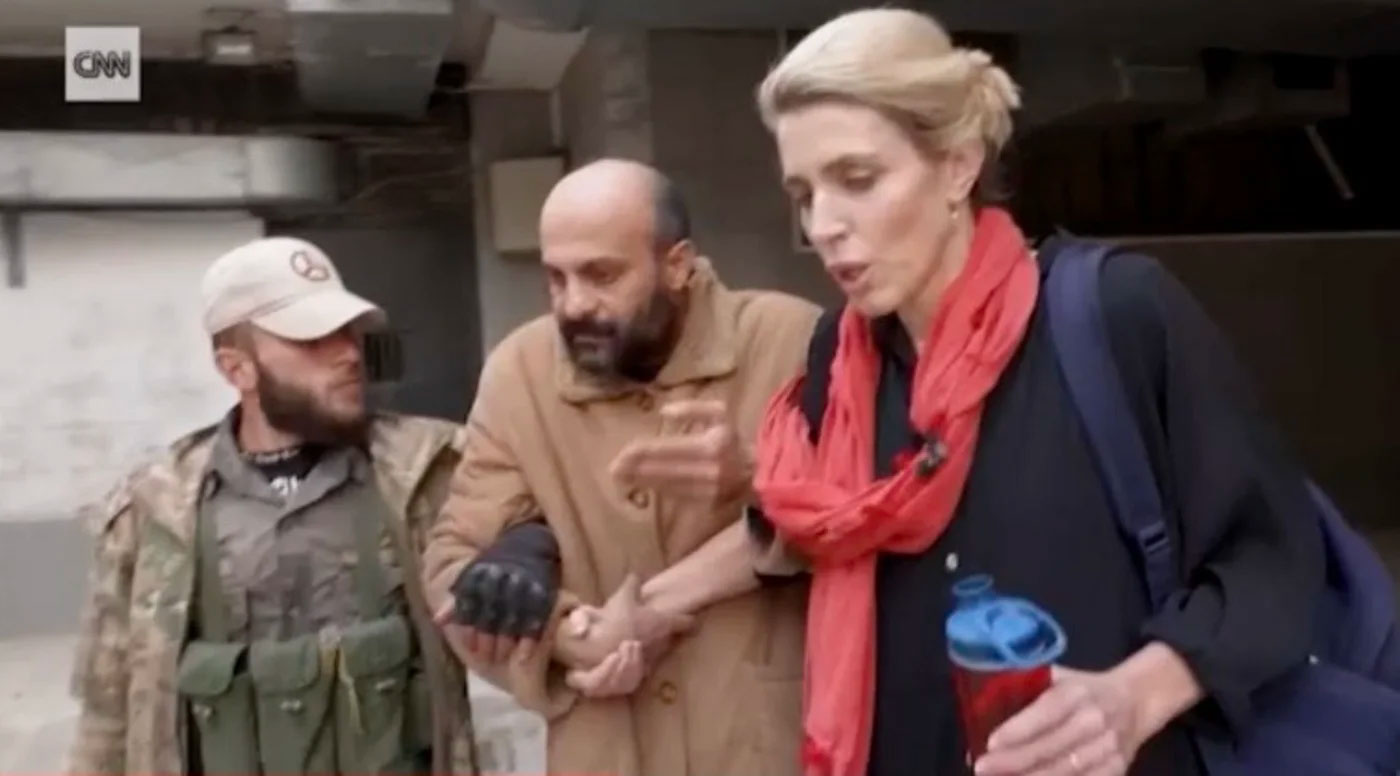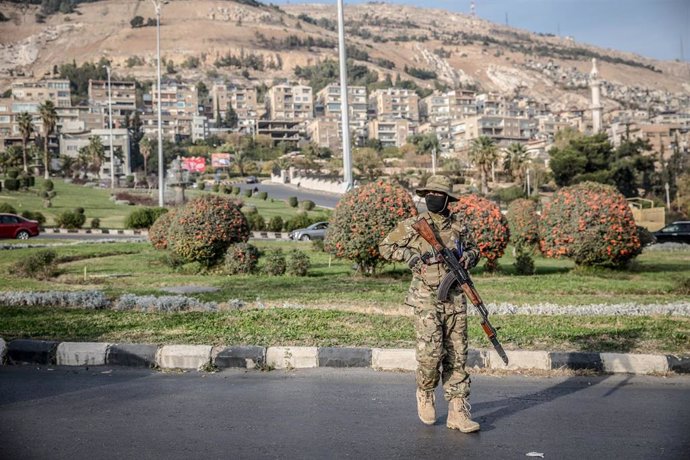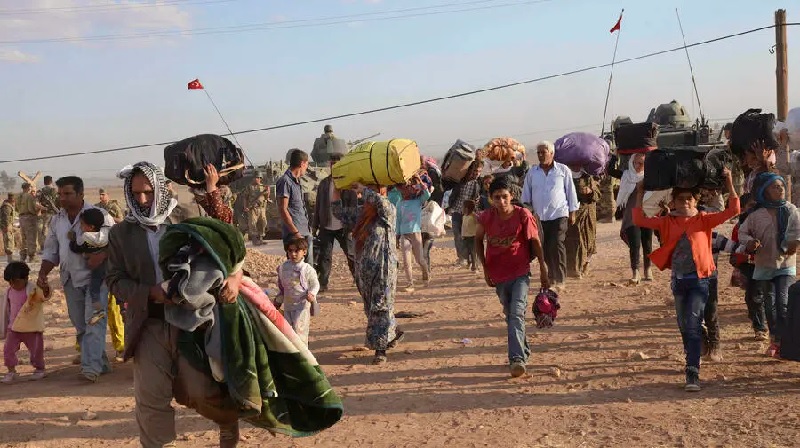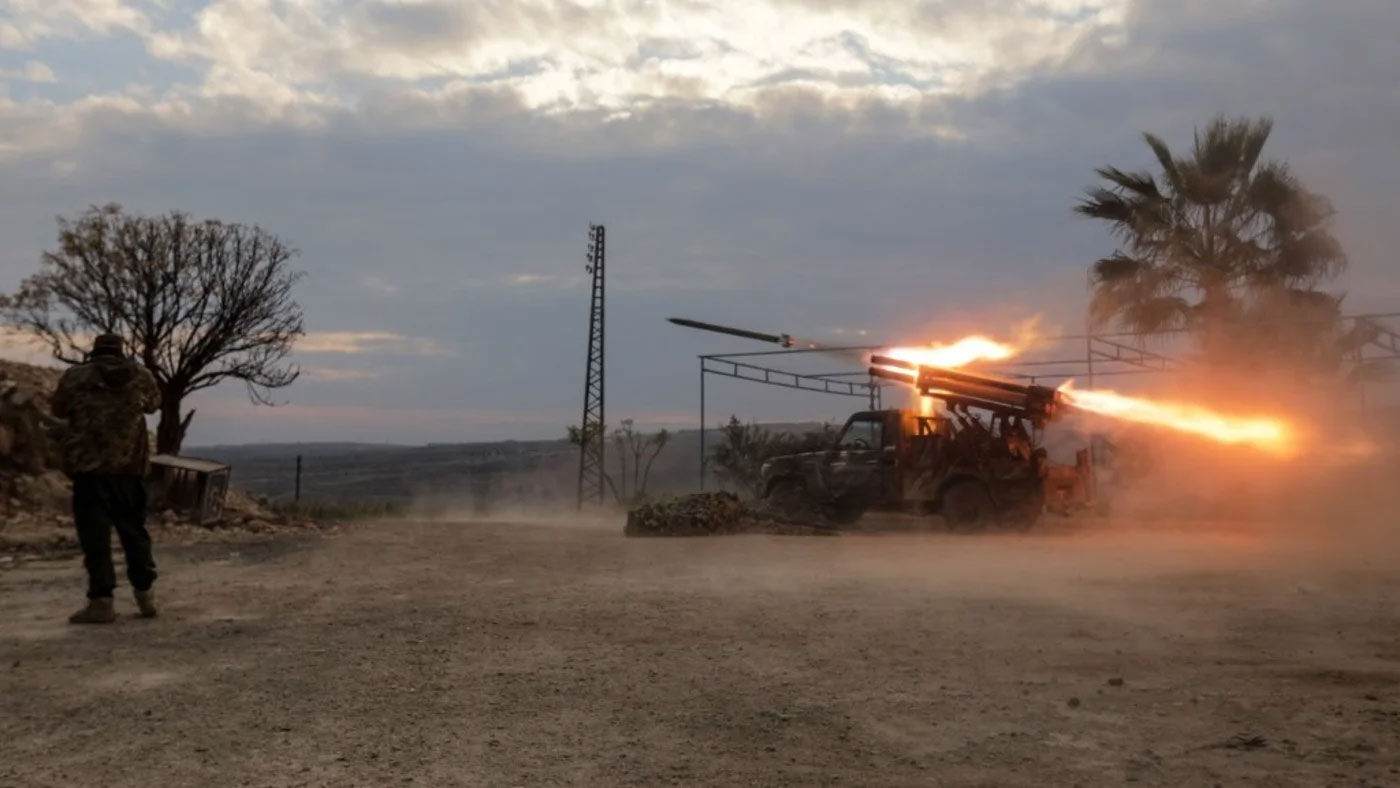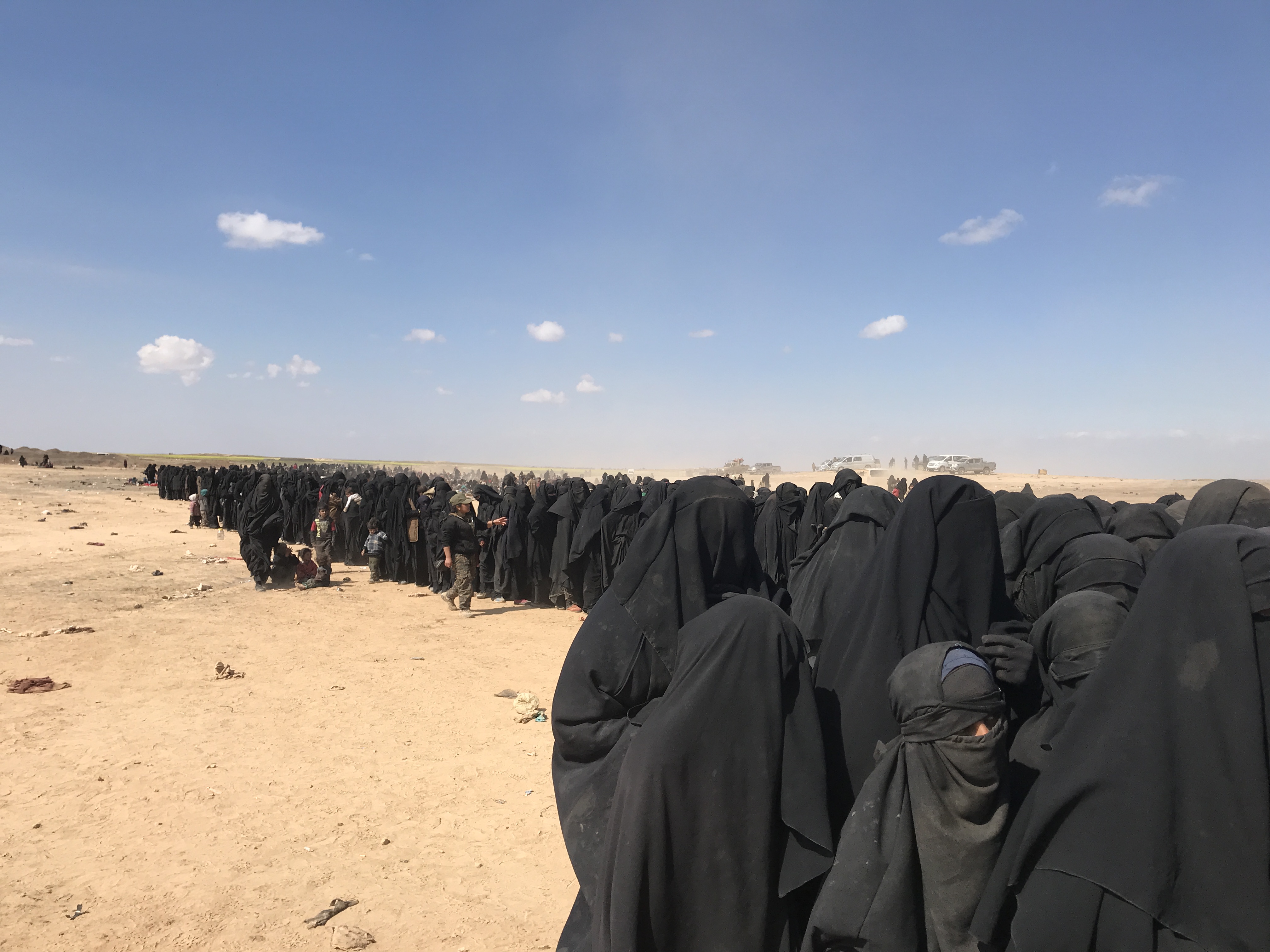In Syria, jihadists take Damascus
President Bashar al-Assad has remained in power 24 years after his inauguration. Almost fourteen years has lasted the civil war in Syria and eleven days has lasted the last offensive of the coalition led by the Organization for the Liberation of the East (HTS) until the capture of the capital of Damascus. Now Al Assad is in asylum in Russia, after Syria's planes are fleeing. The focus is on how the power transition is going to take place and, in general, on what the future is going to come about.
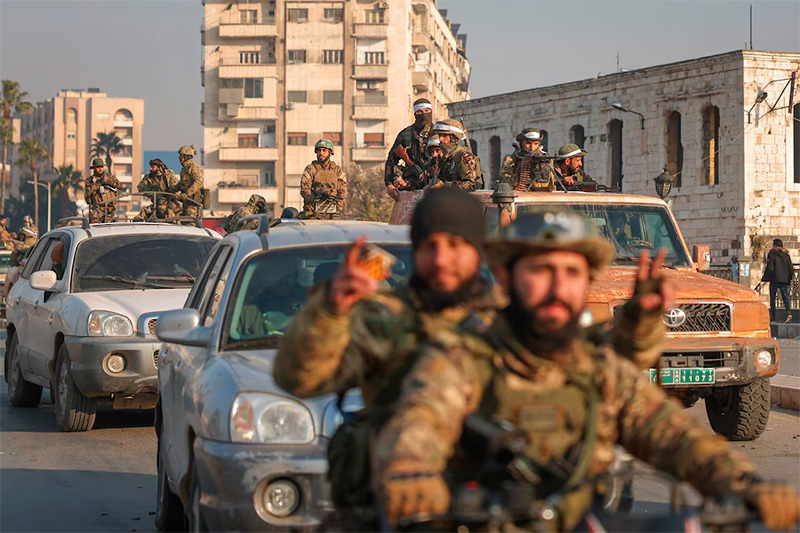
What happened in Syria has brought us to eleven other countries. Among the armed groups that have brought down the power of the Turkish President, Al-Assad, is one of Turkey’s protected groups. Turkey is one of the countries that voted against the Syrian Government, such as Saudi Arabia, the United Arab Emirates or the United States. Its most powerful allies are Russia and Iran, as you can read in the article on the fall of Damascus.
HTS is the Organisation for the Liberation of the East among the groups that have fought against Assad and are apparently taking over the country. In addition to the Syrian National Army (SNA), which is supported by Turkey, smaller groups have also participated in the attack. This "decentralization" has been one of the keys to the process, as highlighted by the Public Journal in its digital edition.
The offensive has surprised the Government, whose subordinate forces have surrendered with little resistance, as the media reported today in a statement. And they added that Russia and Iran have done little. It is precisely the President-elect of the United States, Donald Trump, who said that Russia now has fewer soldiers in Syria because of the war in Ukraine. "The fall of the regime has been an act of justice," said the still president, Joe Biden, who added that the forces that have taken power will look closely at the history of some of them - it has been mentioned in the media.
The Shadow of Al-Kaeda
The Syrian civil war, in the context of the Arab Spring, began in 2011, with hundreds of thousands of deaths and millions of people displaced in the country backwards. At the beginning of the war, Aleppo was under the control of the opposition forces, dominated by the jihadist group and supported mainly by Turkey. Al-Qaeda, its branch, the Al Nusra Front – later HTS –, the Islamic State, or the SNA are the forces that have triumphed in North-West Syria in recent years, especially in the province of Idlib, even fighting each other.
The head of the HTS armed group, Abu Mohamed al Julani, has said that "a new story opens" for the whole of Syria and the Prime Minister, Mohammad Ghazi al-Jali, has been willing to "collaborate with the leadership the Syrians choose" to request free elections. Iran has said that the future of Syria has to be decided by its citizens, "without devastating mediations or external impositions", the spokesman said. And Iraq as well. The European Union considers it a priority to ensure security in Syria – after noting that Assad's departure from the White House is "positive". Israel has taken control of the Syrian hillside of Mount Hermon in the demilitarized zone. China has said that it is hopeful that "stability" will be implemented in Syria as soon as possible... Everyone has stood up to Syria.
Hope, also uncertainty
In Damascus and other cities in Syria, thousands of people have taken to the streets to celebrate the end of the Al Assad government. To the cry of "Allah is great", we have read in various media that Syrians have celebrated "freedom" after almost fourteen years of armed conflict in Syria. But everyone agrees that joy mixes with "fears" so the future can contribute in "a country destroyed by war, plunged into misery and deeply divided."
The HTS has ensured that this is a "peaceful transition", that it will leave no one out and that it will respect religious minorities, especially the Alauis and Christians linked to the regime.
Attacks on the Kurds
More or less, north-west Syria has been in the hands of Turkey and several Syrian opposition groups supported by Turkey for the past five or six years, and the northeast has been divided between Kurds and the Syrian Government. These last two players, in general, have acted as allies during the civil war against the Islamic State and other groups, although they have sometimes clashed with each other.
The leadership of the Kurds is led by the Kurdish militias YPG (People’s Protection Units), which have had to deal with the Islamic State (IS) and other Al Qaeda groups, as well as with the Turkish Government. The Kurdish YPG militias are allies of the PPK and Turkey regards them as terrorists. He has been very opposed to them in this war. At the same time, YPG received military support from EE.UU. when he acted against the Islamic State. Turkey now intends to occupy the land now controlled by YPG, which may mean the displacement of hundreds of thousands of Kurds in Turkey.
On Sunday, Syrian rebels supported by Turkey launched an attack on the Kurds in northern Syria, without causing injuries. "Turkish militias known as the Syrian Free Army have taken 80% of the city of Manbij, in the west of the Euphrates, which until now was in the hands of the Kurds," he says Eitb.eus.
Giza Eskubideen Siriako Behatokiak salatu du gobernuko indarrek gutxienez 800 zibil hil dituztela Latakia probintzian, "odol hotzean". Ahmed al Sharaa Siriako behin-behineko presidenteak iragarri du "batzorde independente" bat eratuko dutela gertatutakoa... [+]
The end of the Syrian Arab Republic has caused great surprise at the way in which it has taken place: fast and almost without resistance. However, it is not so strange when we consider that the country was destroyed, impoverished and trodden. Most Syrians have long been... [+]








.jpg)


